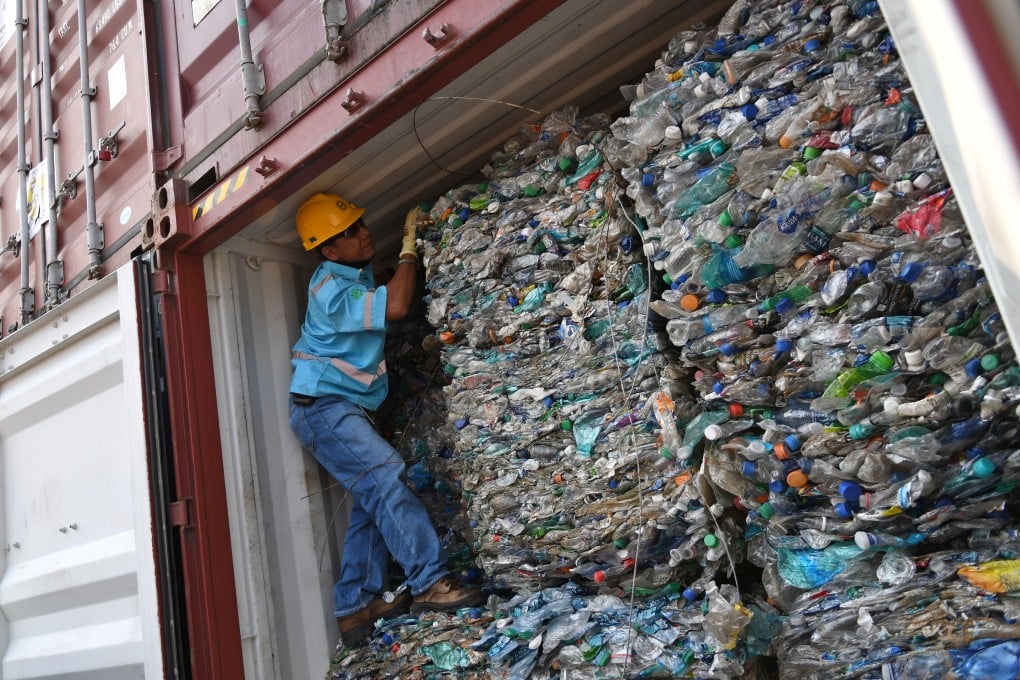Advertisement
Indonesia sending back 547 containers of hazardous waste to wealthy nations, from Australia to the US
- Australia, Britain, New Zealand, Spain and the US were among the countries that would see their waste being returned to them
- Authorities said the Indonesian government has stopped more than 2,000 containers this year in several ports
2-MIN READ2-MIN

Indonesia is sending 547 containers of waste back to wealthy nations after discovering they were contaminated with used plastic and hazardous materials, amid a growing backlash in Southeast Asia against being a dumping ground for the developed world’s trash.
Nine containers with at least 135 tons of waste were sent back to Australia on Wednesday, customs director Heru Pambudi said at a news conference in Jakarta.
“Some food still [had] liquid flowing,” Pambudi said as he showed the contents of several containers. He said 91 other containers will be returned to Australia after administrative processes are complete.
Advertisement
They were among 156 containers held in Tangerang port near Jakarta that will be returned soon to other countries, including Britain, New Zealand, Spain and the US, he said.
Pambudi said the government has stopped more than 2,000 containers this year in several ports in East Java, Jakarta, Tangerang and Batam near Singapore.
So far it has sent back 331, which will be followed by 216 others to France, Germany, Greece, Netherlands, Slovenia, Canada, Japan and Hong Kong. Authorities are still investigating the rest.
Advertisement
Select Voice
Select Speed
1.00x